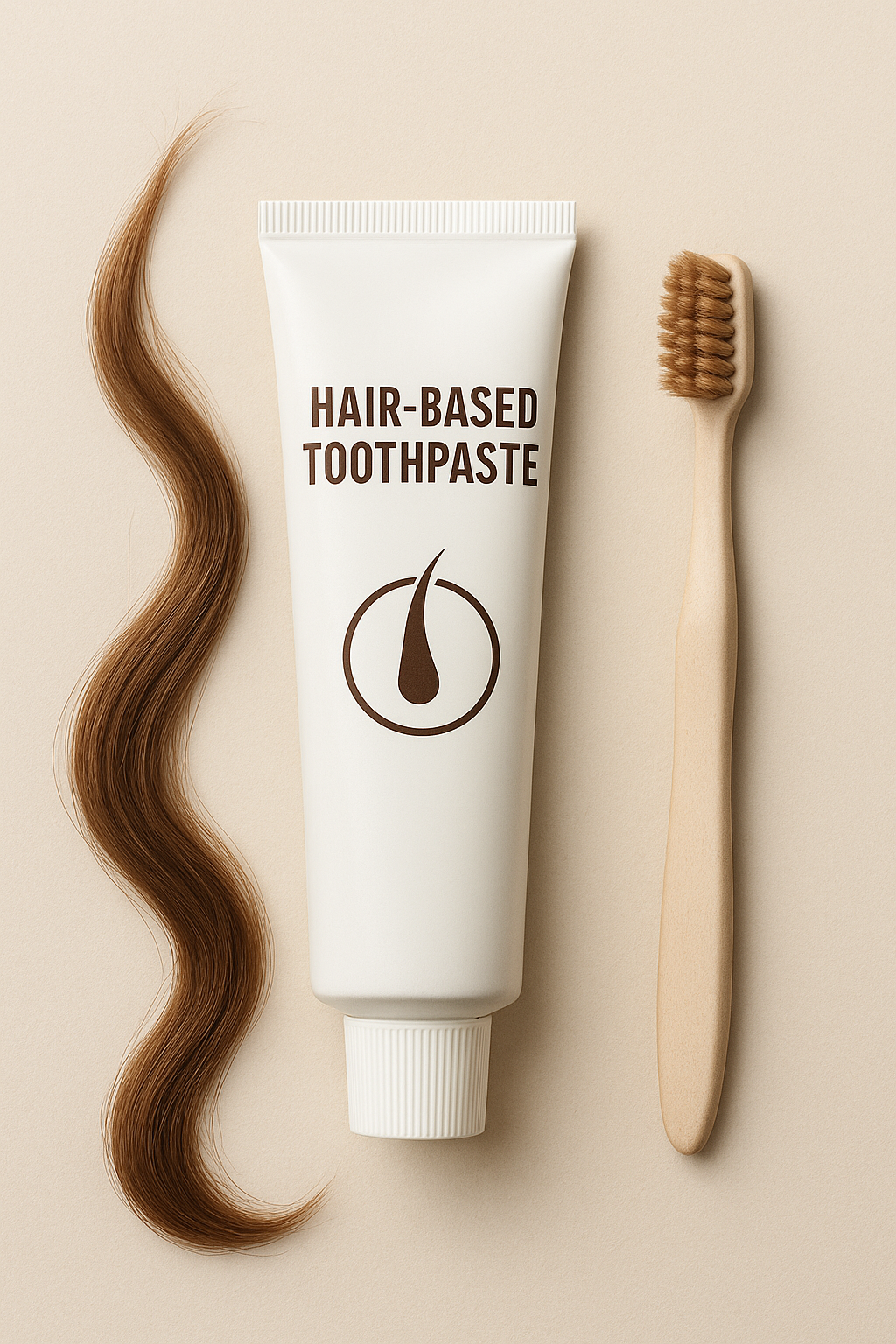DentistryUnited NewsReport:
London, October 24, 2025
A pioneering advance from King’s College London could redefine preventive dentistry with a keratin-based toothpaste that rebuilds tooth enamel using proteins derived from human hair, nails, or farm wool. This eco-conscious innovation offers a natural defense against decay and sensitivity, sidestepping the chemical drawbacks of synthetic dental materials.
Led by PhD researcher Sara Gamea and prosthodontics specialist Dr. Sherif Elsharkawy, the study, published in Advanced Healthcare Materials, reveals how keratin—a durable protein—interacts with saliva’s calcium and phosphate to form a crystalline lattice mimicking natural enamel. In lab tests, keratin extracted from wool was applied to eroded tooth samples, where it rapidly triggered hydroxyapatite crystal growth, sealing dentin tubules and halting early decay. This regenerative approach contrasts with fluoride’s protective focus, offering active restoration for enamel weakened by acidic diets, poor hygiene, or aging.
“This isn’t just shielding teeth—it’s reconstructing them,” Gamea shared in a university statement. “Derived from salon scraps and farm wool, this bypasses the eco-drawbacks and chemical hazards of synthetic composites, while matching tooth tones for seamless aesthetics.” The sustainable angle repurposes biological byproducts, aligning dentistry with circular economy principles.
Dr. Elsharkawy sees this as a leap toward biomimetic care: “Dentists have battled enamel’s one-way loss for years, yet biotech now revives innate repair via our own proteins. Picture salon clippings fueling decay-proof grins through smart biotech.” With enamel erosion affecting up to 90% of adults globally, per oral health surveys, this solution could reduce reliance on invasive treatments like fillings or crowns.
Practical applications are on the horizon. Dental practices may soon offer keratin-infused toothpastes or in-office gels to arrest non-cavitated lesions, enhancing patient comfort and outcomes. Prototypes are poised for human trials, with commercial products potentially hitting shelves in two to three years, pending regulatory approval and industry partnerships.
This breakthrough positions keratin as a game-changer for sustainable, regenerative dentistry. For practices eager to adopt biomimetic solutions, Dentistry United will track updates on integration strategies.
Source: Adapted from King’s College London research statements.

